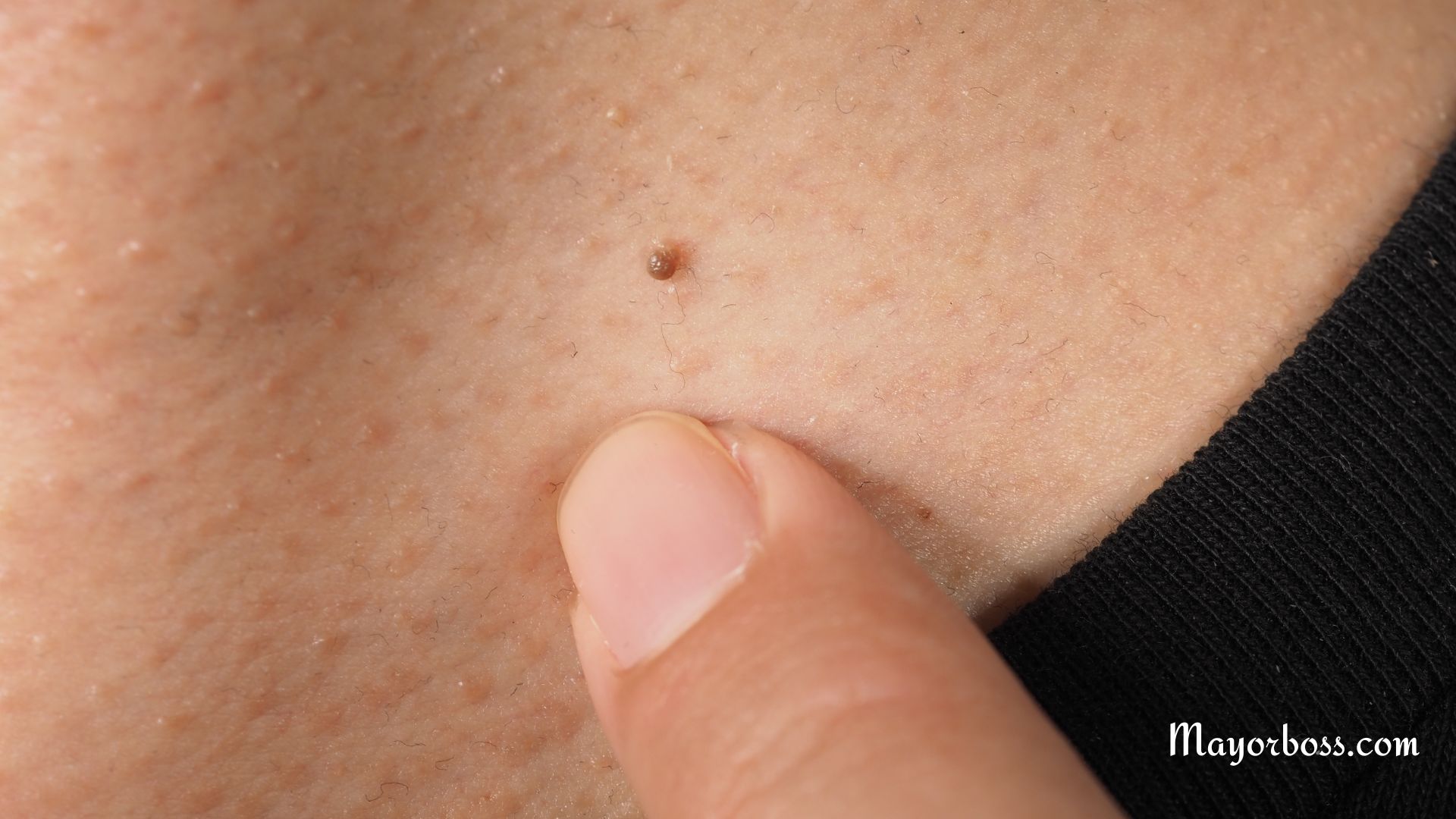How to Stop Snoring
Imagine settling in for a peaceful night’s sleep, only to be jolted awake by a loud rumble from someone in the next room—or even from yourself! While occasional snoring may not seem like much of a bother, chronic snoring can create a host of troubles. It can disrupt your sleep, affect your energy level, and even strain relationships. But there is good news: there are ways to reduce or even stop snoring altogether.
The American Academy of Otolaryngology (AAO) reports that nearly 45% of American adults snore, with 25% doing it regularly. According to Healthline, snoring is more prevalent in men than in women and tends to increase with age.
What Is Snoring?

Snoring is a sound produced during sleep. When air flows through the throat, it can cause the soft tissues in the back of the mouth, nose, or throat to vibrate. This vibration is what we hear as a snore. While snoring can happen to anyone from time to time, some people experience it more frequently. Chronic snoring may signal that something needs attention—whether it is a lifestyle factor or a physical condition.
Common Causes of Snoring
It helps to know exactly what might be causing you or your loved one to snore. Below are some of the most typical causes.
- Sleeping Position
Do you often fall asleep on your back? If so, gravity can cause your tongue and soft palate to collapse toward the back of your throat. This collapse tightens your airway, making it easier for vibrations to occur. - Obesity or Being Overweight
Extra tissue around the neck can contribute to pressure on your airway, making it harder for air to pass through freely. This added tissue raises your risk of snoring during sleep. - Alcohol or Sedative Use
Alcohol relaxes the throat muscles and can make snoring worse. Furthermore, certain sleeping pills or tranquilizers have a similar relaxing effect, which leads to increased snoring. - Nasal Congestion
When you have a stuffy nose, it forces you to breathe through your mouth more. Mouth-breathing during sleep can cause your jaw and tongue to move in a way that narrows your airway, resulting in snoring. - Age and Muscle Tone
As we get older, the muscles in our throats tend to lose firmness. Softer muscles in the throat are more likely to vibrate during breathing, which brings about a greater chance of snoring. - Anatomical Factors
Certain physical traits, such as a deviated septum, enlarged tonsils, or long soft palate, can also cause or worsen snoring.
Simple Home Remedies
Before seeking high-tech devices or complicated procedures, it is best to start with simple, tried-and-true measures that can often be helpful. Here are some home remedies for those looking for gentle ways to tackle snoring.
1. Sleep on Your Side
One of the easiest changes you can make is to alter your sleeping position. Since sleeping on your back increases the chance of your tongue and tissues collapsing in your throat, try sleeping on your side. A helpful tip is to use a specialized body pillow to keep you in the side-lying position throughout the night. Even placing a pillow behind your back can help you avoid rolling onto your back during slumber.
2. Use Nasal Strips or Dilators
Nasal strips can open up your nasal passages, allowing air to move more easily. If nasal congestion contributes to your snoring, these strips or external dilators might relieve some of the restrictions. Sleep medicine physicians say while they may not cure all forms of snoring, they often help reduce it.
3. Keep Nasal Passages Clear
If you have a blocked nose, your body automatically tries to breathe through your mouth. You can reduce snoring if your nasal passages remain open. Warm showers before bedtime or saline nasal sprays are a non-medicated way to keep your nose clean. Breathing in steam or using a humidifier in the bedroom may also help ease irritation and congestion.
4. Elevate Your Head
Another approach is to add an extra pillow or adjust the head of your bed. By raising your head, you can help maintain an open airway. This position may reduce how often you snore or how loudly you do so.
5. Watch Out for Allergies
Allergy season can bring sneezing, congestion, and a runny nose. All of these symptoms can lead to mouth-breathing and snoring. If you suspect allergies are behind your nightly noise, you might consult your doctor to find a suitable treatment. You can also try allergy-proof pillowcases, regularly wash your bedsheets, and clean your room more often to keep dust to a minimum.
Lifestyle Adjustments
Taking good care of your health is always an excellent idea, and it often helps reduce snoring as well. Making changes in your daily routine can have a positive impact on your nights.
1. Maintain a Healthy Weight
Carrying extra weight increases the amount of tissue in your neck, which can narrow your airway. A well-balanced diet paired with regular physical activity helps you shed extra pounds. Maintaining a healthy weight is one of the best ways to keep snoring at bay. Plus, a healthy lifestyle boosts your energy during the day and supports better sleep at night.
2. Limit Alcohol and Sedatives
Since alcohol and sedatives relax throat muscles, they can make snoring worse. Try avoiding them, especially close to bedtime. If you are using any medication that makes you drowsy, ask your doctor if there are options that do not affect you as much during sleep.
3. Practice Good Sleep Habits
Going to bed at consistent times and making sure you get enough sleep each night can improve your overall rest. When you become extremely tired, you may sleep more deeply, which can worsen snoring. A set bedtime routine helps your body find its natural rhythm and may reduce the chances of loud snoring.
4. Stay Hydrated
Drinking plenty of fluids throughout the day prevents the lining of your nose and throat from becoming too dry. Dry tissues are more prone to irritation and vibration. Aim for about eight glasses of water daily unless your doctor suggests otherwise. A cool glass of water is not just refreshing—it might help keep snoring in check, too!
5. Exercise Regularly
Exercise does more than just help you manage your weight; it also tones your throat muscles. Simple exercises for the tongue and throat can strengthen these tissues, making them less likely to flutter during the night. Even if you are not aiming to lose weight, keep moving. Activities like brisk walks, bicycling, or swimming will help keep your body—and your throat muscles—in top form.
Medical Treatments and Devices
In certain cases, common home remedies and simple lifestyle changes may not completely solve the problem. If you find yourself trying everything and still snoring heavily, then you might consider medical interventions. Here are a few treatments and devices that could help:
1. Oral Appliance (Mouth Guard)
A dentist or orthodontist can make a custom oral appliance you wear during sleep. This device keeps your lower jaw forward, which helps keep your airway open. It is especially helpful if you have mild or moderate snoring or if obstructive sleep apnea is also suspected.
2. Continuous Positive Airway Pressure (CPAP)
For people with sleep apnea, a CPAP machine is often recommended. It provides a steady flow of air through a mask, preventing your airway from collapsing. Many patients see a major reduction in snoring once they begin using CPAP. That said, some folks might find wearing the mask uncomfortable at first. With time and patience, you may adjust and enjoy better, quieter sleep.
3. Surgery
If you have a physical blockage, such as large tonsils or a deviated septum, your doctor may discuss surgical options. Surgery might shrink or remove excess tissue that causes snoring. These procedures include removing the adenoids, trimming excess throat tissue, or correcting nasal abnormalities. Surgery is usually a last resort if other methods fail to resolve your snoring problem.
4. Laser or Radiofrequency Treatments
Another option is the use of special beams (such as laser) or energy waves (radiofrequency) to tighten or remove parts of the throat tissue. These treatments can lower snoring frequency but usually require multiple sessions. They aim to stiffen the tissues in the back of the throat so that they vibrate less during breathing.
Important Tips for Better Sleep
Improving your “sleep hygiene” can go a long way toward curbing snoring. Sleep hygiene refers to your nighttime habits and the environment where you rest. Even if you do not snore often, following good sleep practices can lead to a healthier and more refreshing night’s sleep.
- Create a Comfortable Sleep Environment
A quiet, dark, and cool bedroom encourages restorative sleep. Make sure your mattress and pillows provide the right amount of support. If you are comfortable, you are less likely to toss and turn, which may reduce snoring. - Establish a Bedtime Routine
Your body thrives on consistency. Try to go to bed and wake up at the same time each day, even on weekends. Engage in calming activities before bed, such as reading a light-hearted book. Avoid thrilling movies or screen time right before lights out. A calm mind can ease you into a good night’s sleep and help decrease snoring triggers. - Stop Smoking
Smoking irritates the throat tissues, which can worsen snoring. Quitting smoking can improve your breathing and help you get better rest. While quitting is difficult, it can bring many health benefits far beyond just snoring relief. - Use a Humidifier if Needed
Dry air in your bedroom may irritate the nasal passages. A humidifier can help maintain a comfortable level of moisture in the air. This way, your airways stay moist and less prone to vibration. - Avoid Large Meals Before Bed
Eating a heavy meal close to bedtime might cause indigestion or reflux that can worsen snoring. A general guideline is to finish your last meal of the day at least two to three hours before sleep. This approach lowers the chance of discomfort that might disturb your rest.
When to Speak With a Professional
Sometimes snoring can be more than just a nighttime disturbance. Loud, frequent snoring might point to an underlying health concern like obstructive sleep apnea. Sleep apnea is a condition in which you stop breathing for short periods during the night. It can lead to daytime fatigue, morning headaches, or even long-term health problems if not treated.
Here are a few signs that it might be time to speak with a health professional:
- Persistent Loud Snoring
If your bed partner, family members, or neighbors can hear your snoring through walls, it is likely quite loud. If this level of snoring happens nightly, it might require medical attention. - Gasping or Choking During Sleep
A sudden gasp, snort, or choking sound in the middle of the night can be a sign you momentarily stopped breathing. This event can be alarming and definitely warrants a closer look by a medical expert. - Morning Headaches
Waking up with headaches can result from poor oxygen flow during sleep. Not enough oxygen at night can lead to tension and discomfort in the morning. - Excessive Daytime Sleepiness
Feeling groggy, falling asleep at inappropriate times, or never feeling rested could be a signal that something is amiss with your nighttime breathing.
When you bring these concerns to your doctor, you can discuss your snoring pattern and whether a sleep study might be recommended. Sleep studies measure your breathing, heart rate, and other factors. They are very helpful in diagnosing sleep apnea and other sleep disorders.
Final Thoughts
Snoring is more than just a funny noise—it can disturb your sleep and the rest of those who share your home. While occasional snoring can be normal, chronic snoring often calls for a closer look. As we have seen, many factors can cause or worsen snoring, including weight, sleeping position, nasal congestion, and even your evening beverage choices. The best approach is often to start with simple home remedies and lifestyle changes. Try to sleep on your side, keep your nasal passages clear, and reduce alcohol or sedative use before bed. If these steps do not help as much as you would like, talk to a doctor or dentist about medical treatments like custom mouthguards or possibly surgery.






